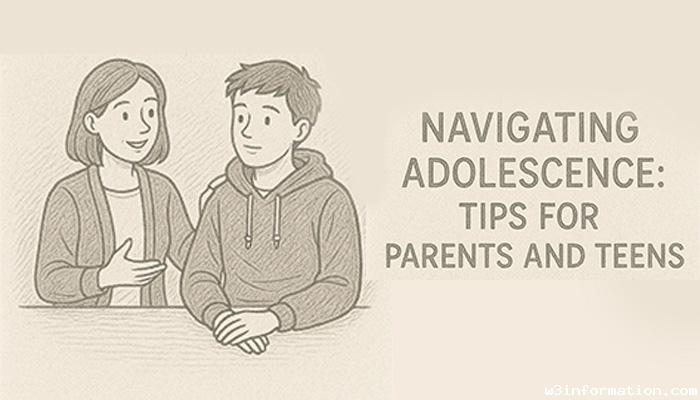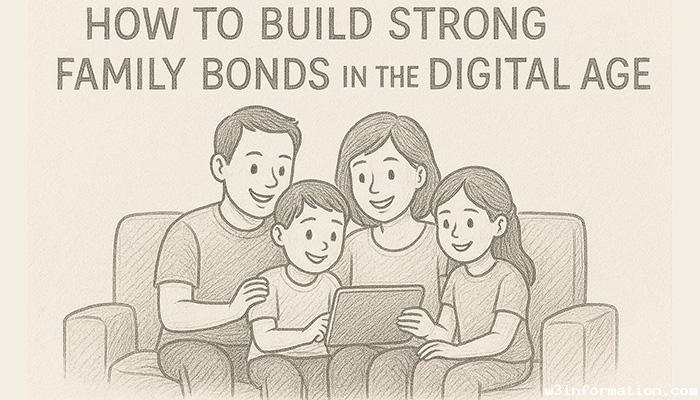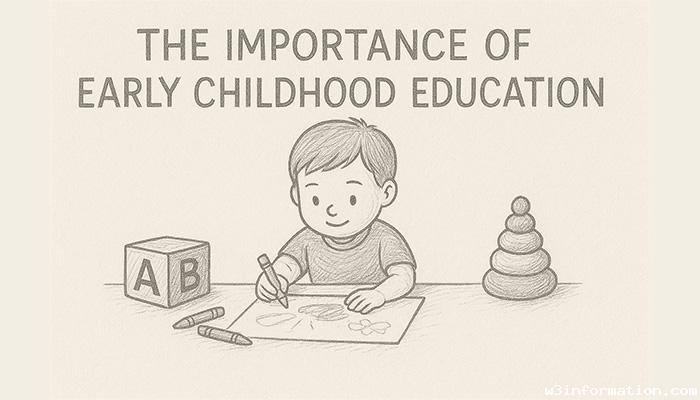Exploring the Impact of Music on Pop Culture
Throughout history music has served as a fundamental element of human culture while its effects extend well past mere entertainment purposes. Throughout history music has significantly influenced pop culture by shaping fashion trends and political landscapes while also impacting social movements and technological advancements. This blog investigates music's deep influence on pop culture through its role in creating societal trends and cultural transformations that have affected multiple generations.
Music as a Mirror of Society
Music wields significant power over pop culture by acting as a reflection of contemporary social conditions. Throughout history music has reflected the political, social, and economic circumstances of its era. Key cultural transformations align with the emergence of various musical genres as artists leverage their influence to address social concerns.
The 1960s experienced the emergence of protest music through artists such as Bob Dylan and Joan Baez who opposed the Vietnam War and supported civil rights. During this period music served as a platform for people to demonstrate their grievances towards governmental policies as well as societal injustices. Millions of young people were inspired by protest anthems such as "Blowin' in the Wind" and "Give Peace a Chance" during the peace movement.
During the 1990s hip-hop artists such as Tupac Shakur, The Notorious B.I.G., and Public Enemy became voices for marginalized communities through music that tackled poverty, racism, and police brutality. The musical genre provided an important platform for people who were neglected by mainstream society while it shaped the cultural landscape during that era.

Music serves as more than mere entertainment because it functions as a cultural barometer which captures society's mood while reflecting people's struggles and inspiring movements that defy established norms.
Music and Fashion: A Powerful Connection
Music shapes pop culture in important ways by setting fashion trends. Through their clothing choices artists consistently serve as fashion leaders while expressing aspects of their personalities and musical identity. Music fans regularly emulate the style choices of musicians which then evolve into widely recognized fashion trends.
The "Mod" fashion trend of the 1960s drew considerable inspiration from British bands such as The Beatles and The Who. These bands' sharp suits, slim ties and bowl cuts served as iconic symbols for the cultural movement toward youthful rebellion and modernity. During the late 1970s and 1980s punk rock era bands like the Sex Pistols and The Clash adopted leather jackets with studs and torn clothing as symbols against mainstream fashion and an expression of their anti-establishment views.
Throughout the 1990s the grunge movement popularized flannel shirts and ripped jeans alongside Dr. Martens boots through bands such as Nirvana and Pearl Jam. The relaxed "anti-fashion" trend of the period represented young people's sense of frustration and disappointment. Beyoncé, Rihanna, and Kanye West use their music videos and social media platforms to lead global fashion trends and steer consumer behavior through their performances and personal style displays.
The close relationship between music and fashion exists because artists express their identities through both mediums while they shape their fans' identities simultaneously.
Music and Social Movements
Throughout history music has served as a powerful mechanism for social and political movements to gain momentum. Music serves as an instrument for highlighting significant issues and motivating public awareness and transformation. Throughout history music has been crucial in helping to mobilize individuals and generate widespread public support for both the civil rights movement and gender equality efforts.
Throughout the 1960s and 1970s Marvin Gaye and Aretha Franklin used their music to express the African American quest for equal rights. The songs "What's Going On" by Gaye and "Respect" by Franklin served as rallying cries for civil rights activists who opposed racial injustice.
The power of music to drive social change remains strong in contemporary society. Artists including Lady Gaga who produced "Til It Happens to You" helped accelerate the #MeToo movement which addresses sexual harassment and assault while giving survivors an anthem. Through their music and public presence artists such as Elton John and Sam Smith actively support LGBTQ+ equality campaigns while making discussions about gender and sexual orientation more accepted and commonplace.
The growth of hip-hop music has energized numerous social justice efforts including Black Lives Matter and demands for police reform. Kendrick Lamar, J. Cole, and Chance the Rapper have leveraged their influence to highlight community problems and challenge audiences to question societal standards while encouraging them to take action.
Social and political movements benefit from music as it acts as both a voice for expression and a cohesive force that brings together individuals who desire change.
The Role of Music in Shaping Identity
The way people develop their identities is deeply influenced by music. Music enables people to communicate their inner thoughts and feelings while establishing bonds with others and creating a sense of community connection. Individual identity formation relies heavily on music because people define themselves through genre preferences, artist fandoms and concert experiences.
Music serves as a vital tool for self-expression among many young people. People typically find a sense of identity within specific music scenes like punk rock, hip-hop, or electronic dance music (EDM) during their adolescent and early adult years. These scenes create community bonds where people can express difficult emotions and experiences that they cannot adequately convey through alternative channels.
Through music people find a way to connect with specific values and beliefs. Individuals who resonate with punk music's DIY values often choose alternative lifestyles while opposing conventional consumer culture. Socially conscious hip-hop attracts fans who resonate with lyrics that promote resistance, empowerment and solidarity.
Music provides a platform for cultural identity to be both expressed and celebrated. Musicians from various cultural backgrounds create music that showcases their heritage while highlighting community issues. Artists such as Shakira, Bad Bunny and J Balvin have propelled Latin music to worldwide popularity by showcasing Latin rhythms on the global stage. Latinx culture gains greater visibility while simultaneously fostering connections between diverse cultural communities.
Music and the Digital Age: A New Era of Influence
Digital technology together with the internet has transformed music's impact on pop culture. Streaming services such as Spotify, Apple Music and YouTube have transformed music consumption by providing artists access to worldwide audiences independent from record labels and traditional media. Independent musicians and fresh genres have emerged during this time while digital platforms have made music discovery and sharing between fans more accessible.
Through social media platforms music now exerts even stronger influence over pop culture trends. TikTok, Instagram, and Twitter enable music to achieve viral status through mechanisms that previously did not exist. Artists can achieve international fame almost instantly when their songs become popular on TikTok. Social media engagement and current trends now stand alongside traditional promotional methods as key components of the music industry's new dynamic.
The digital age has accelerated the development of music fan communities and their cultural practices. Social media platforms enable fans to engage directly with their favorite artists while allowing them to post their artwork and opinions in real time. The music fandom now experiences community building through shared interests and mutual enjoyment of music.
Conclusion
Music has made a significant and unmistakable influence on pop culture. Music defines generations while simultaneously shaping personal identities and influencing fashion trends and social movements. Music drives cultural trends through diverse expressions like protest music, worldwide pop charts, and niche underground scenes and will maintain its influential role in shaping society. As technological advancements progress music will exert even more influence on pop culture while enabling novel methods for people to connect and express themselves and mold their environment. Music across all genres will maintain its powerful role in forming cultural stories throughout the future.
 Top 10 Comfort Foods to Try This Winter
Top 10 Comfort Foods to Try This Winter
 Top 10 Christmas Destinations Around the World
Top 10 Christmas Destinations Around the World
 Navigating Adolescence: Tips for Parents and Teens
Navigating Adolescence: Tips for Parents and Teens
 How to Start a DIY Craft Project on a Budget
How to Start a DIY Craft Project on a Budget
 How to Build Strong Family Bonds in the Digital Age
How to Build Strong Family Bonds in the Digital Age
 The Importance of Early Childhood Education
The Importance of Early Childhood Education